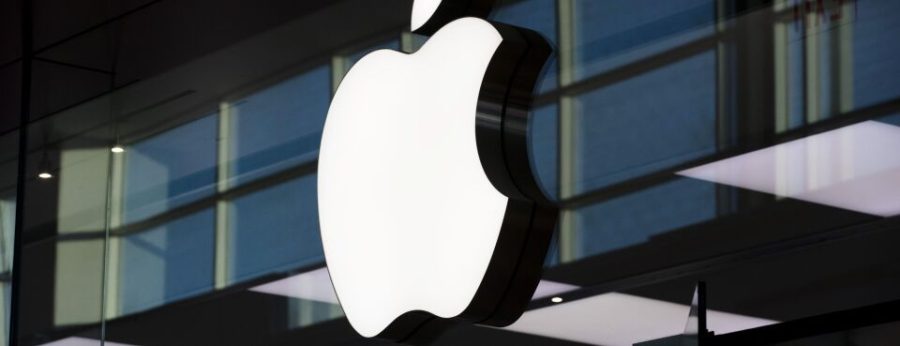The problem with Apple’s technology monopoly
When Apple was founded in 1976, they started working towards a technological monopoly — and now, 46 years later, they have pretty much succeeded. This technological monopoly that Apple holds is a huge problem because it allows them to do anything without backlash. Additionally, their large social clout has many major impacts on society.
Based on personal observations at FHS as well as collected data, more FHS students own an iPhone over an Android phone. This also applies to the general population of the US. While only around 60% of phones in the US are iPhones, Apple’s social clout so to speak is often so strong that those with Androids are shamed by their peers for not owning an iPhone.
While Apple’s monopoly does not yet extend to laptops and desktops, I have no doubt that eventually, Apple will make up ground in those categories as well. While currently Apple only holds 8.5% of the market share in laptops, that number is rapidly rising as evidenced by Apple’s own reports and their stocks. Macs grew nearly twice the rate of Personal Computers in Q4 of 2021.
One of the biggest problems with Apple’s technological monopoly is the fact that Apple is allowed to do almost anything without the public batting an eye. For example, take their $999 USD “Pro Stand.” It is a monitor stand that costs a thousand dollars. If that is not ridiculously priced, then I do not know what is. Nothing can seriously justify making a monitor stand cost one thousand dollars, but despite that, no one cares.
That is a huge problem.
Two more examples (but arguably less ridiculous ones) are Apple’s displays and their high-end desktops. Apple’s Pro Display XDR clocks in at $4999, which is a price approaching that of the biggest and best 8K TVs on the market nowadays. This is unreasonable because the Pro Display XDR is not a TV, much less an 8K TV. Admittedly, this is a niche product, and while Apple generally does not create niche products, this is a product specifically designed for professional designers, video editors and others in similar areas.
This is also true for the Mac Pro, Apple’s high-end desktop. This PC costs over fifty thousand dollars with all accessories purchased. For comparison, a Windows-based PC using the best components currently available on the market would cost between ten and twenty thousand dollars. Once again, this is a niche product that is made specifically for one audience. While this does make this product a bit less ridiculous, it is still crazy that one company is able to do so much without any sort of public backlash.
Another huge problem with the apple monopoly is that their large amount of social clout causes them to have an impact on the way Android (or other non-Apple phones) users are treated. This is exemplified in Apple users teasing and shaming people who own anything other than an Apple phone. If you own an Android, you have surely had to deal with people shaming you for not owning an iPhone. This is partly due to people’s opinions on which brand is better, but also due to the fact that when people think of a phone, they usually think of iPhones. This shaming and mistreatment that Apple users give to non-Apple users is one of the biggest problems with the monopoly.
Apple’s monopoly is a huge issue, and while I myself am an Apple user, I think we as a society should maintain a variety of brands and devices being used as opposed to just one. Also, I believe that one company should not be able to control a certain subsection of tech as Apple pretty much does with its iPhones. I applaud those who buy Android phones and those who do not buy into the monopoly. Maybe one day Apple’s monopoly will be less harmful than it is right now.












